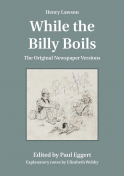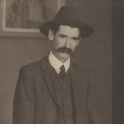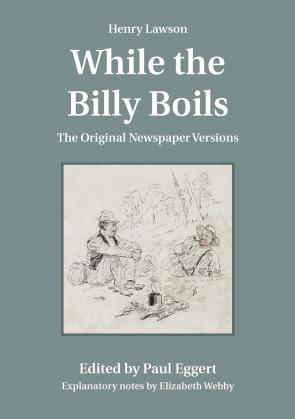Publisher's synopsis
Fifty-two of Henry Lawson’s stories and sketches that he had first published in newspapers and magazines from 1888 onwards were gathered in his collection While the Billy Boils (Angus & Robertson, 1896). Lawson was not responsible for their ordering and he had to give ground on their texts, especially on his idiosyncratic presentation of wordings that helped to breathe life into his characters and situations. The present edition dismantles the fait accompli of 1896 by presenting the individual items in the chronological order of their first publication and with their original newspaper texts. This will allow a new appreciation of Lawson’s writing, one that is attentive to his developing powers.
The edition also facilitates a close study of Lawson’s collaboration with the producers of the collection in 1896, in particular with his copy-editor Arthur W. Jose and publisher George Robertson. Facsimile images (available online) of the printer’s copy that they prepared for While the Billy Boils supplement the edition’s listing of the alterations that each of them made, revealing the textual history of each story or sketch.







